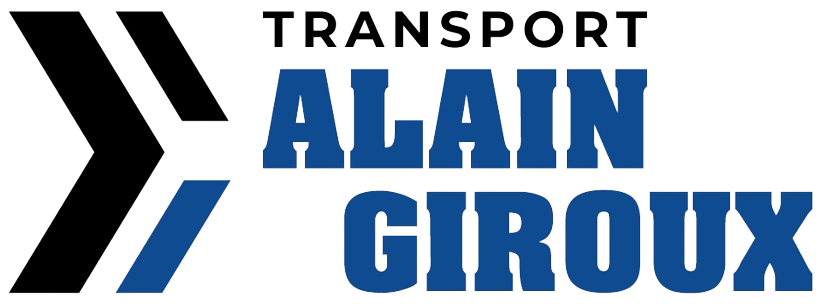In recent years, inflation has soared to levels not seen in many decades, affecting various sectors of the economy. Among these, the transportation industry has been particularly impacted, experiencing volume changes that can be directly linked to inflationary pressures. Transport companies like Transport Hervé Lemieux, as well as logistics companies and consumers, need to understand the different implications involved so that they can make informed decisions and stay on top of the current economic landscape.
An Inflationary Landscape
Inflation refers to the general increase in prices while a fall in the purchasing value of money also occurs. When inflation rises, the cost of goods and services also climbs, which can lead to shifts in consumer behavior and business operations. For Transport Hervé Lemieux, and other transport companies alike, these changes can manifest in several ways: fluctuating demand, altered pricing strategies, and adjustments in operational capacity.
Fluctuating Demands
One of the most immediate effects of inflation on the transportation industry is the fluctuation in demand for goods and services. As prices rise, consumers often become more careful and selective in their spending. For instance, they may opt for less expensive alternatives or postpone purchases, leading to decreased demand for certain transported goods. This can result in lower freight volumes for transport companies, compelling them to adapt their services to maintain profitability.
Conversely, some sectors may experience increased demand during inflationary periods. Essential goods, such as food and healthcare supplies, often see stable or even rising demand as consumers prioritize these over discretionary spending. This can create pressure on transportation companies, as they scramble to meet the urgent need for these necessary supplies.
Altered Pricing Strategies
Inflation also forces transportation companies to reassess their pricing strategies. Rising fuel costs, increased labor expenses, and higher maintenance fees can all contribute to operational costs. To maintain profitability, companies may need to pass these costs onto consumers, leading to increased transportation rates. However, this is a delicate balancing act; if prices rise too sharply, companies risk losing customers to more cost-effective competitors.
Moreover, transportation companies must consider how inflation affects their contracts and pricing agreements. Long-term contracts may lock in rates that become unsustainable in a high-inflation environment, while spot market prices can fluctuate dramatically. Companies need to remain agile, ready to renegotiate terms or adjust service offerings in response to economic conditions.
Adjustments in Operational Capacity
To navigate the challenges posed by inflation, transportation companies are often forced to make operational adjustments. This could mean optimizing routes to reduce fuel consumption, investing in more fuel-efficient vehicles, or implementing technology solutions to streamline operations. Automation and digital logistics platforms can help companies become more efficient, mitigating some of the cost increases driven by inflation.
Additionally, transport companies may explore diversifying their supply chains to minimize risk. By sourcing materials from various suppliers or adjusting their inventory strategies, companies can create more resilient operations that can withstand economic fluctuations.
Conclusion
Inflation-driven volume changes highlight the interconnectedness of the economy and the transportation industry. As inflation continues to influence demand of goods and services, pricing strategies, and operational efficiencies, transportation companies like Transport Hervé Lemieux must remain vigilant and adaptable. By understanding these dynamics, transport companies, logistics companies and consumers can better navigate the complexities of an inflationary environment, ensuring they are prepared for whatever challenges lie ahead.



